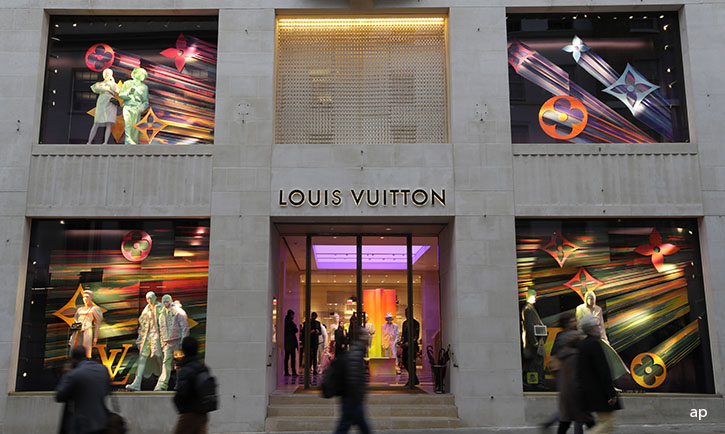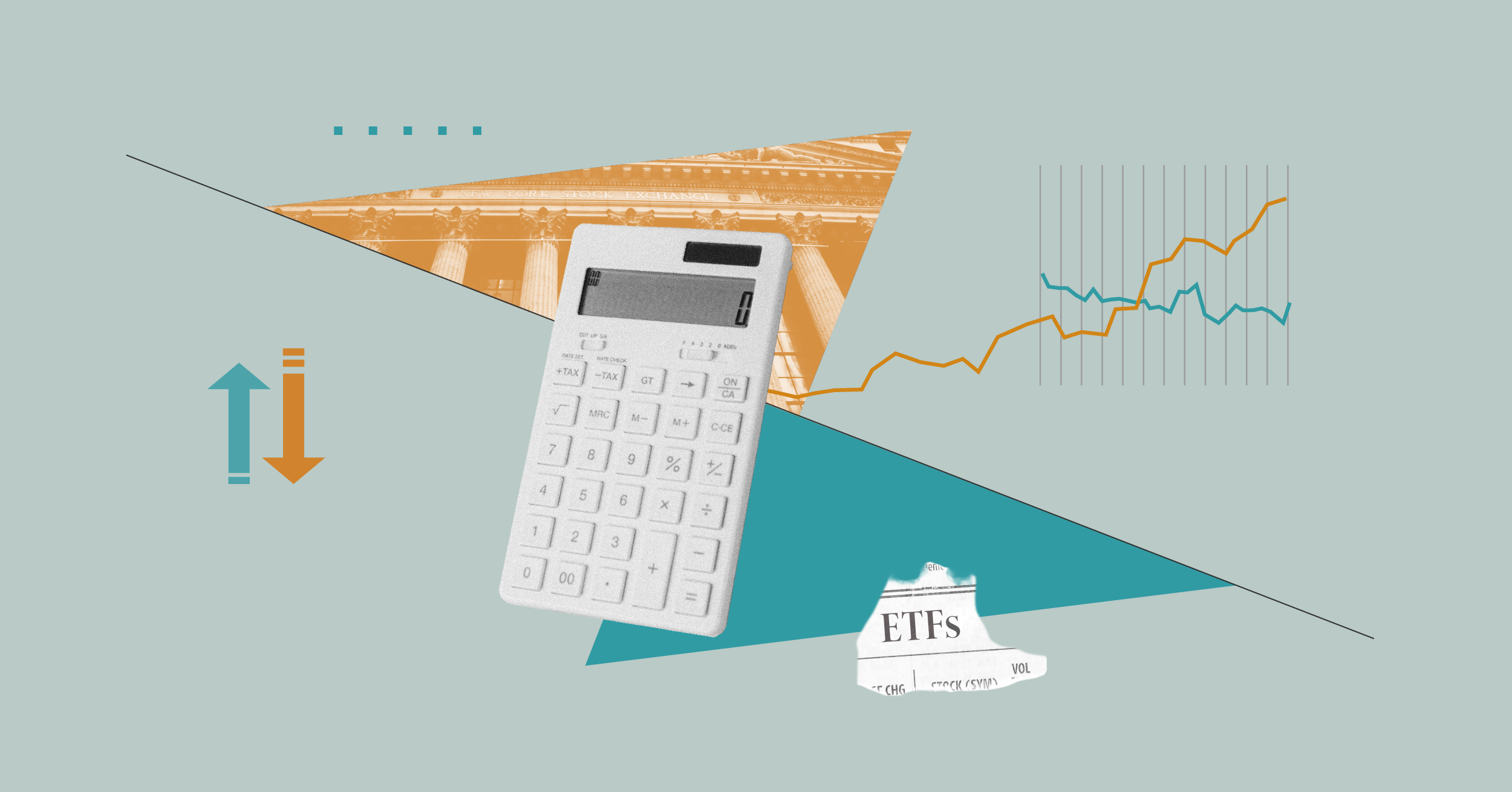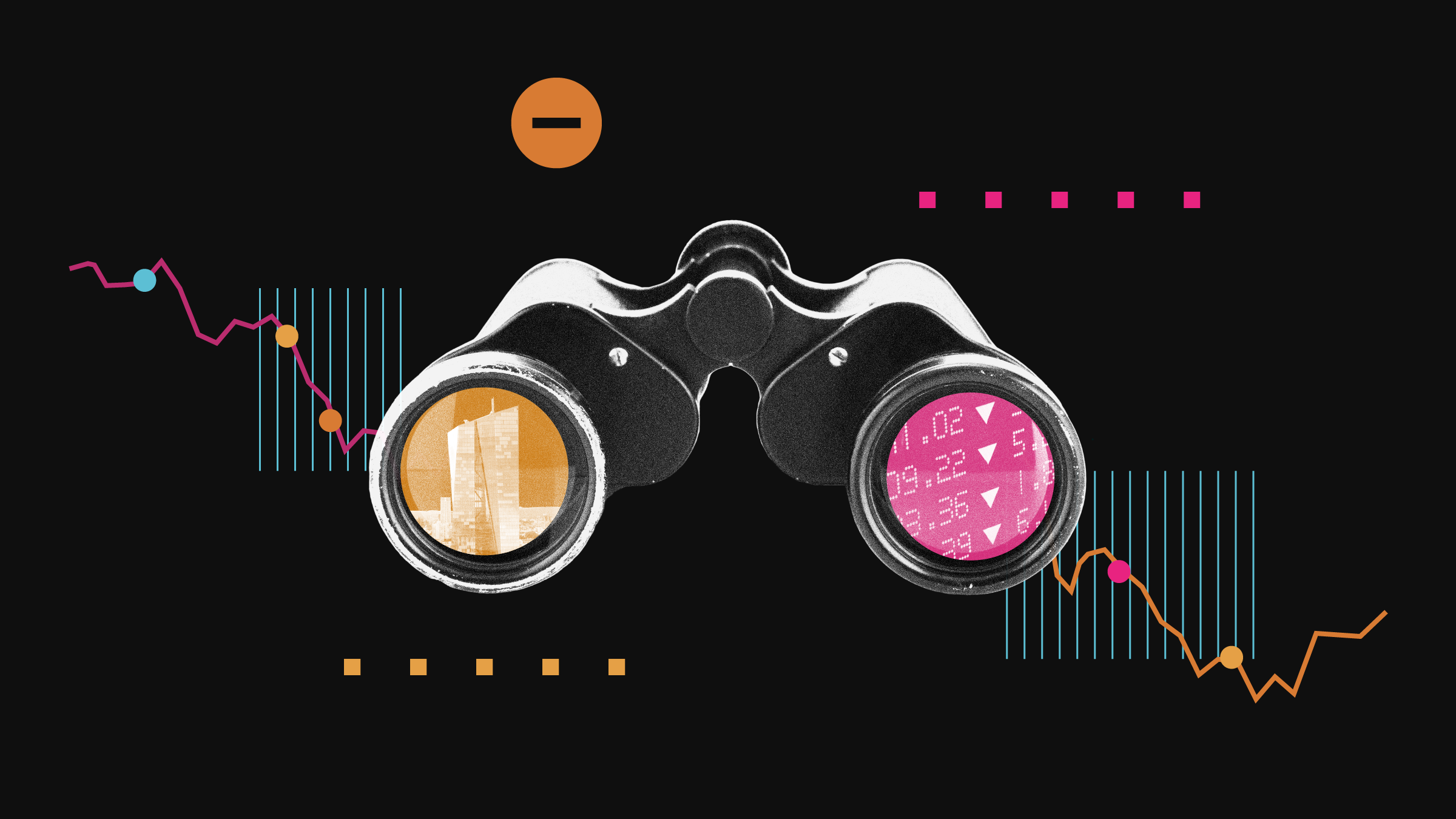TRANSCRIPT
Emma Wall: Hello and welcome to Morningstar. I'm Emma Wall and I'm joined today by Senior Fund Analyst, Muna Abu-Habsa, to talk about Morningstar's new sustainability rating.
Hi, Muna.
Muna Abu-Habsa: Hi, Emma.
Wall: So, what is the new Morningstar sustainability rating?
Abu-Habsa: So, the Morningstar sustainability rating gives investors a way to evaluate funds based on the sustainability profile of the underlying holdings. People generally have become increasingly mindful of environmental issues such as climate change but also the way companies treat their workers and their corporate social responsibility and in the investment world we categorise these under environmental, social and governance issues, or ESG.
So, Morningstar is now giving investors a new way – and investors around the world because this is a global initiative – so a new lens with which to evaluate how companies in a fund are managing their ESG risks and opportunities in order for them to make their money work in a way that's meaningful for them.
Wall: So, how does Morningstar calculate this new rating?
Abu-Habsa: Well, first, it's important to note that Morningstar has chosen to work with Sustainalytics, which is a global leader in sustainability research. Now the rating itself, calculating it is a two-step process. So, initially each fund is given a portfolio ESG score which is a weighted average of Sustainalytics company-level ESG ratings, and then that score is reduced depending on companies' involvement in controversies. Now, the second step is the rating itself which is the portfolio sustainability score for a fund relative to its Morningstar category.
The calculation actually mirrors – or the distribution mirrors the one that's used for the Morningstar rating. So, it's something that investors and our users are already familiar with. So, the top 10% of funds in a given category will receive 5 globes or a high rating.
Wall: The highest accolade.
Abu-Habsa: The highest accolade. And the bottom 10% a lower rating and 1 globe.
Wall: How much interest is there in sustainability?
Abu-Habsa: A lot. There is a lot of interest, both from the investors' side but also asset managers. So, there has been a surge in demand for sustainable investments in recent years. Yet, there has been a lack of appropriate tools for investors to use in order to compare funds on sustainability in a consistent manner at least. Then from the asset managers' side, most of them now incorporate ESG into their investment processes and their interest is very much value-driven because increasingly they recognise the impact of sustainability issues on companies' bottom line.
Wall: For the companies that care or the companies that will be around for 10, 20, 30, 40 years.
Abu-Habsa: Yes, so advocates of sustainable investing actually believe that they have an edge over conventional funds because they believe that they are investing in businesses that are there to stay for the long run.
Wall: What about those funds that already claim to be ESG aware?
Abu-Habsa: Yes. Well, the rating will help investors assess how an intentional ESG fund is living up to its mandate. It will raise questions on fund manager's ESG processes and their thoroughness and diligence. But also on that point, funds that are fundamentally committed to ESG investing make up a very small part of the investment universe. So, actually only about 2% of funds globally are mandated to be ESG. So, the rating will help reveal non-intentional ESG funds that score well.
Wall: Muna, thank you very much.
Abu-Habsa: Thank you, Emma.
Wall: This is Emma Wall for Morningstar. Thank you for watching.





















